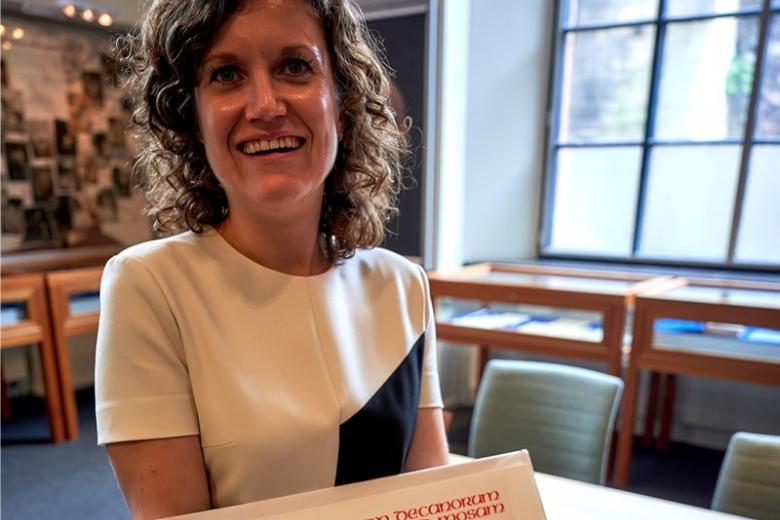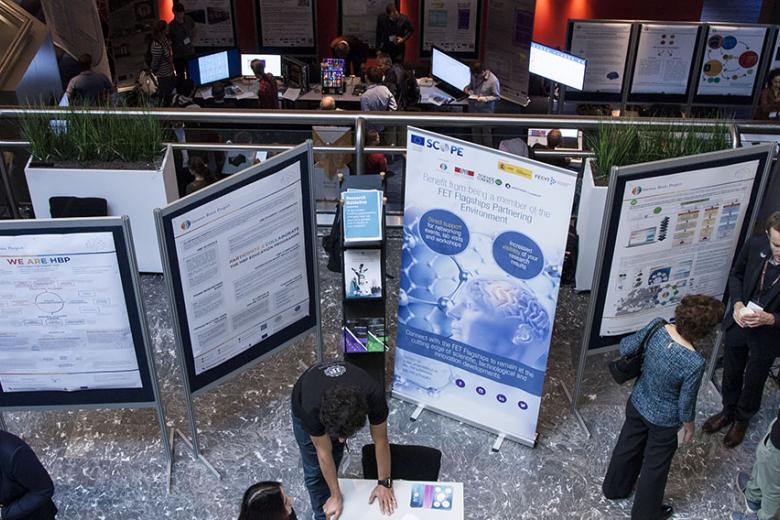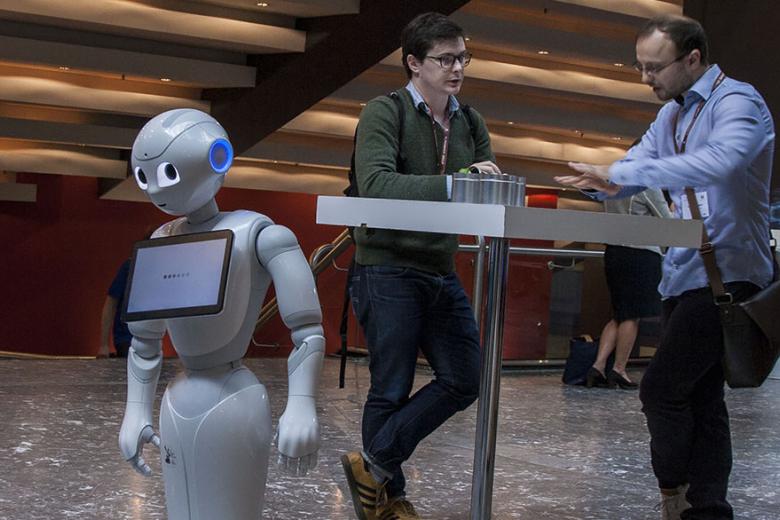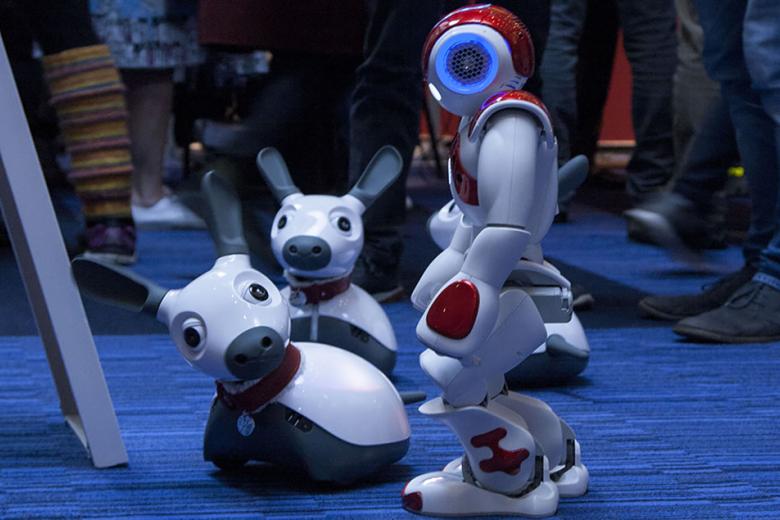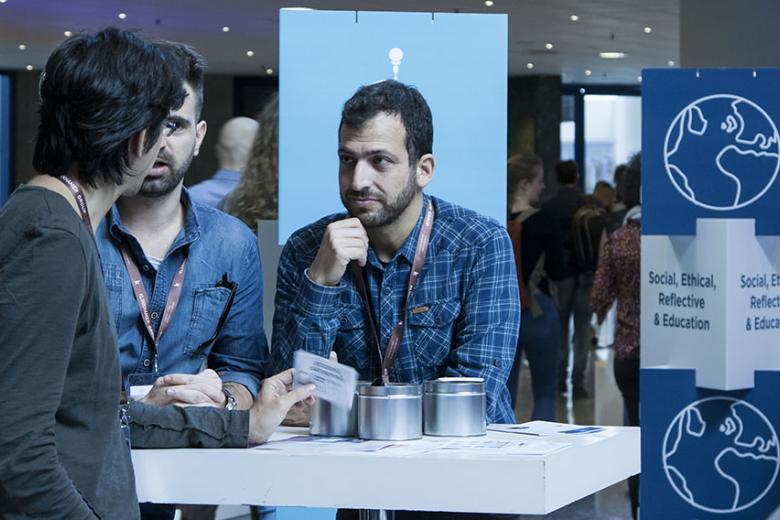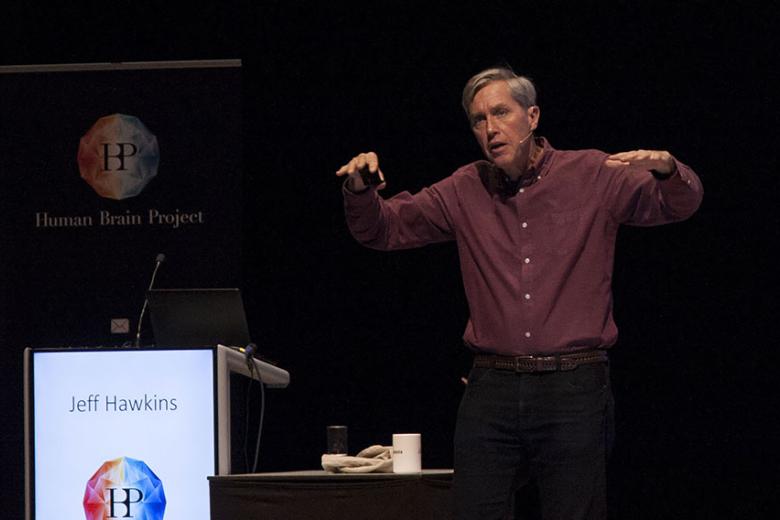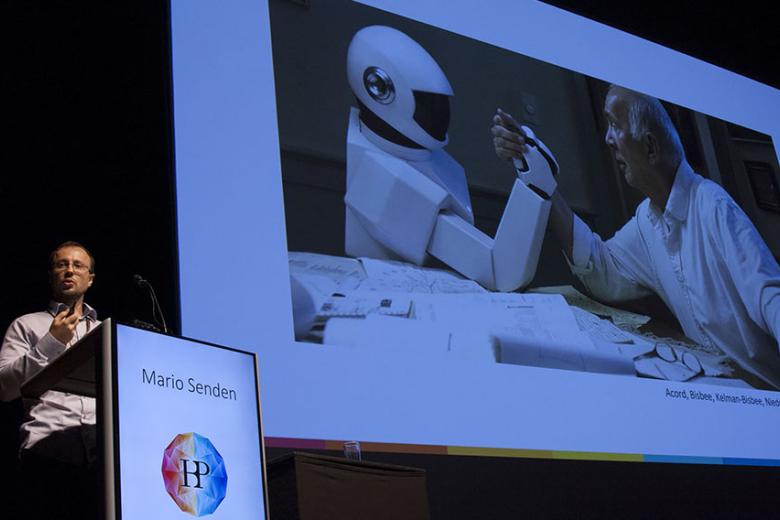Successful Open Day Human Brain Project
Hundreds of students, scientists and citizens flocked to the Human Brain Project Open Day at the MECC Maastricht conference centre on 15 October. They watched enthusiastic researchers from various countries present their cutting-edge research projects. These all contribute to the main objective of the Human Brain Project (HBP): to build a research infrastructure that helps advance neuroscience, medicine and computing. It is one of the two largest scientific projects ever funded by the European Union. Launched in 2013, the 10-year project employs approximately 500 scientists at more than 100 universities, teaching hospitals and research centres across Europe.
Six ICT research platforms form the heart of the HBP infrastructure:
- Neuroinformatics (access to shared brain data),
- Brain Simulation (replication of brain architecture and activity on computers),
- High Performance Analytics and Computing (providing the required computing and analytics capabilities),
- Medical Informatics (access to patient data, identification of disease signatures),
- Neuromorphic Computing (development of brain-inspired computing)
- Neurorobotics (use of robots to test brain simulations).
HBP also undertakes targeted research and theoretical studies, and explores brain structure and function in humans, rodents and other species. In addition, the project studies the ethical and societal implications of HBP’s work.
At Monday’s Open Day, project members showcased their research in the following areas:
- Medicine: From research to medicine, the Human Brain Project impacts diagnosis, treatment and healthcare, using federated data analysis and state-of-the-art computing technologies.
- Robots: Closing the loop between the environment and models of cognition via robots enables the testing of hypotheses of how the brain represents space, selects movement and predicts sensory consequences of action.
- Massive Computing: The Human Brain Project enables neuroscientists to run large-scale, data-intensive, interactive brain simulations and complex workflows comprising simulation, data analysis and visualisation workloads.
- Social, Ethical, Reflective: includes social and philosophical research, ethical issues raised by HBP, how you can collaborate, available training opportunities and the HBP‘s vision on equality, diversity and innovation.
Keynote speakers during the first day of The Human Brain Project Summit were:
- Professor Dr. Jeff Hawkins, Founder Redwood Neuroscience Institute and co-founder Numenta, Palm and Handspring, with his lecture ‘Grid cells in the neocortex: A location-based framework for intelligence and cortical computation’. Professor Hawkins’ lecture was announced in the latest issue of The New York Times.
- Prof. Dr. Dick Swaab, Netherlands Institute for Brain Research of the Royal Netherlands Academy of Arts and Sciences with his lecture ‘Our creative brains’.
Also read
-
PhD research shows impact of aggression on staff and patients in forensic care
Nienke Verstegen, researcher at De Forensische Zorgspecialisten, has conducted research on aggression within forensic care and its impact on patients and staff. On July 6, 2023, she will receive her PhD from Maastricht University with her dissertation ' Hurt people hurt people. Characteristics and...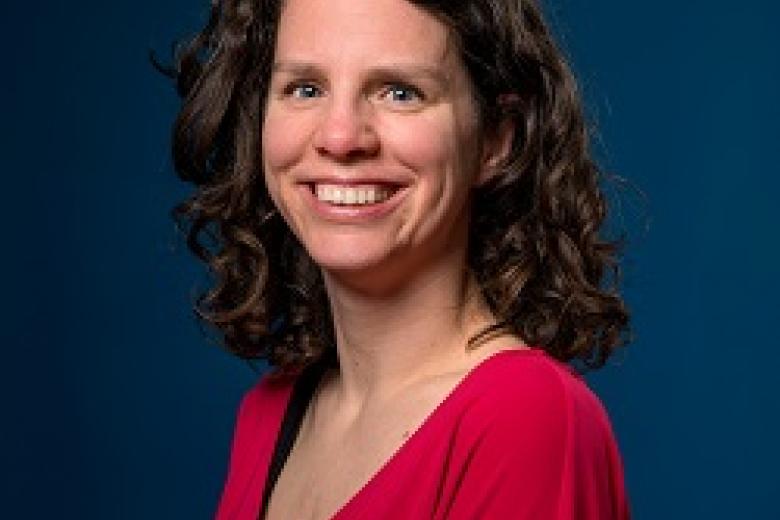
-
Procrastination is the thief of time
In his PhD research, Kristof Vandael investigated how this generalization of pain-related avoidance can be inhibited in the lab to help optimize therapy for chronic pain or even prevent the development of chronic pain.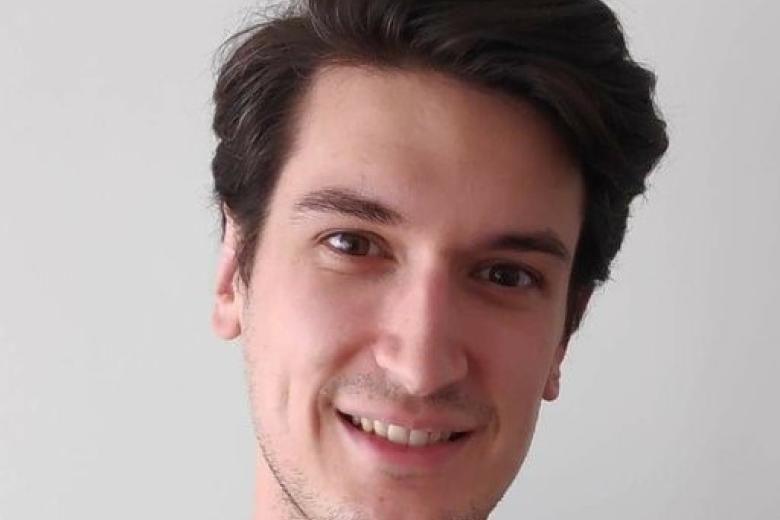
-
Gone with the wind
Astrid Meesters received her doctorate on Sept. 28 with her PhD research on flexibility and mindfulness as resilience factors for pain and recovery.